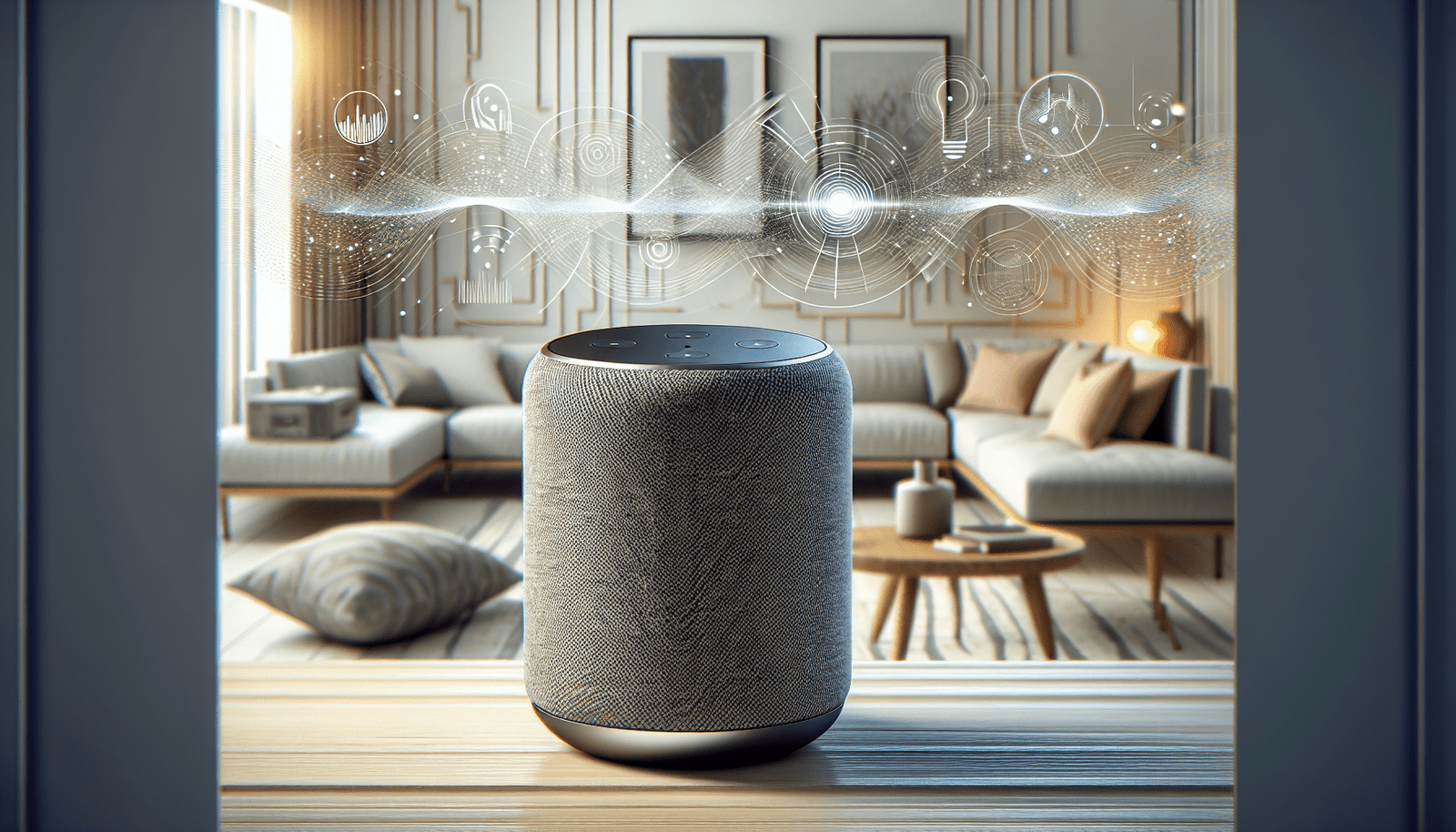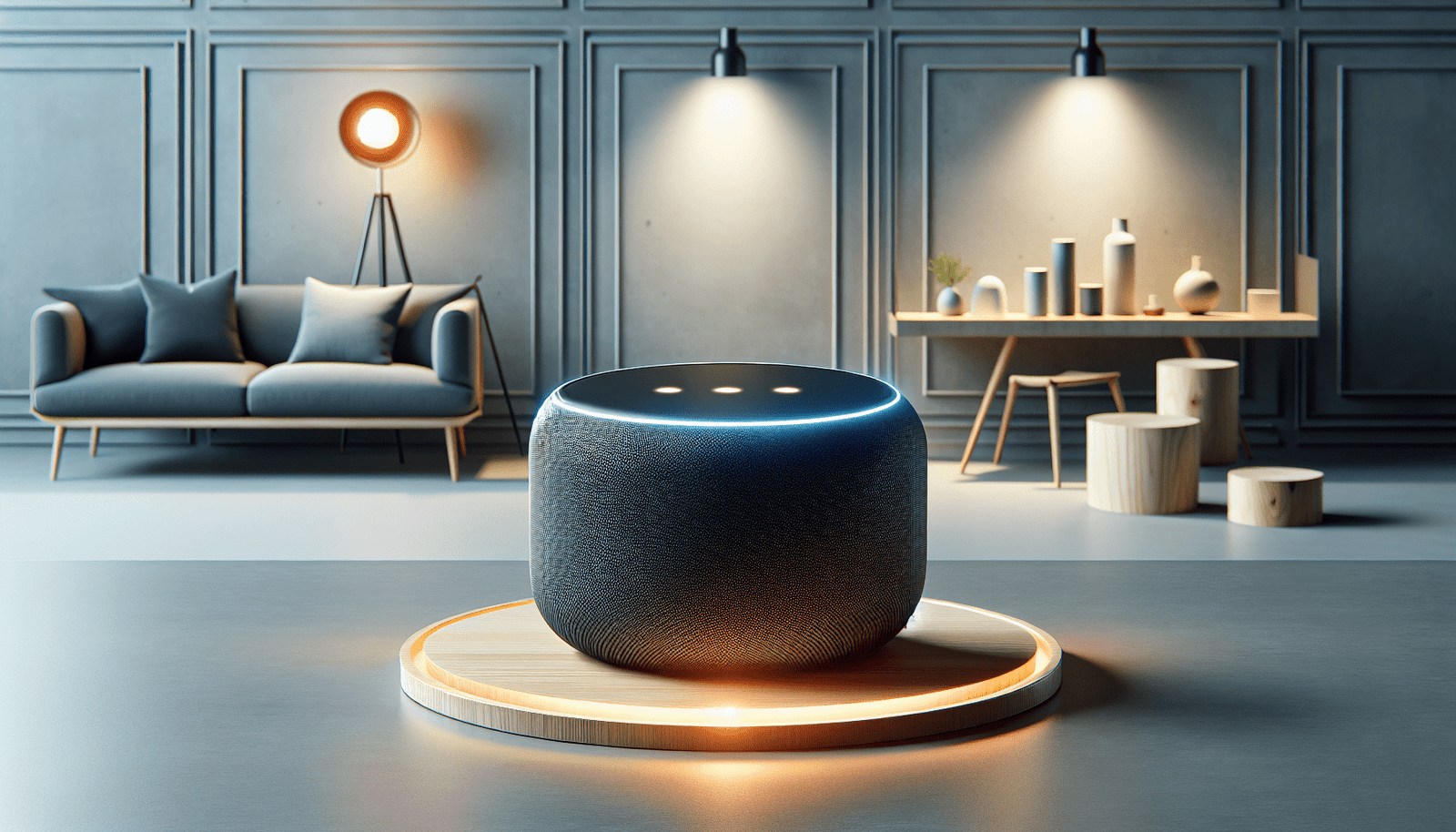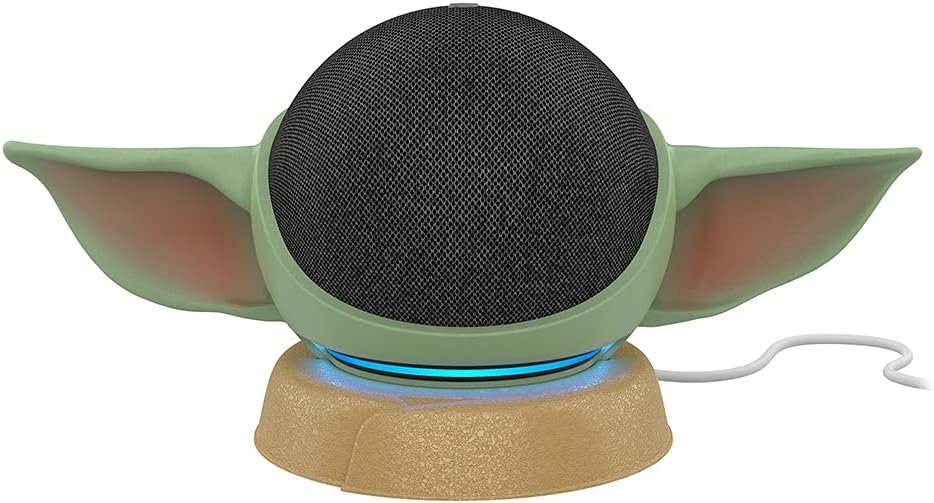Have you ever wondered if your smart speaker can help you make phone calls? As technology continues to blur the lines between traditional tasks and innovative solutions, smart speakers have become a focal point for many household activities. Whether you’re a tech enthusiast fascinated by the seamless integration of gadgets, or you’re just beginning your journey with smart home tech, the quest for simple and efficient solutions is universal.
In this friendly exploration, we’ll unwrap the capabilities of smart speakers and how they transcend their primary function of playing music to becoming communication hubs. You’ll learn how these smart devices work, the benefits they bring, and how you can utilize them for making calls. Whether privacy is your main concern or you’re driven by convenience and cutting-edge features, this guide aims to answer your questions and provide you with the insights you need to make the most out of your smart speaker.
Understanding Smart Speakers: The Basics
Before stepping into the specifics of phone calling, it’s crucial to understand what smart speakers are and their primary functions. At their core, smart speakers are voice-controlled devices equipped with virtual assistants like Amazon Alexa, Google Assistant, and Apple Siri. These devices connect to the internet and can perform a variety of tasks utilizing voice commands.
What Makes a Speaker “Smart”?
The ‘smart’ in smart speakers comes from their ability to understand and execute voice commands using artificial intelligence. These devices can answer questions, control smart home devices, stream music, and yes, even assist in making phone calls.
Smart Speakers vs. Smart Hubs
You might also come across terms like smart hubs. The main difference between a smart speaker and a smart hub lies in their functionality. A smart hub acts as a central control unit for all your smart home devices, while a smart speaker primarily serves as an interactive personal assistant. However, many smart speakers today incorporate hub capabilities, allowing them to manage and control other devices within your smart home ecosystem.
How Smart Speakers Make Phone Calls
Now that we’ve covered the basics, let’s delve into the specifics of making phone calls using smart speakers. This feature can be a game-changer in how you communicate, providing a hands-free and efficient calling experience.
How Does It Work?
Smart speakers use your internet connection to make calls through Voice over IP (VoIP) technology. This means instead of relying on traditional phone lines, your calls are transmitted over the internet. Devices like Amazon Echo and Google Nest offer built-in calling features that are quite user-friendly.
Setting Up Your Smart Speaker for Calls
-
Link Your Account: First, you need to link your phone number and contacts to your smart speaker account. This is typically done through the device’s mobile app.
-
Permission Settings: You might need to grant permission for accessing your contact list. This ensures that the speaker can recognize names and numbers when you say them out loud.
-
Test Calls: Try a few test calls to ensure everything is functioning correctly. This is a useful way to familiarize yourself with the process and troubleshoot any initial issues.
Devices That Support Calling Functionality
Here’s a quick look at some popular smart speakers and their calling abilities:
| Device | Voice Assistant | Calling Capabilities |
|---|---|---|
| Amazon Echo | Alexa | Calls and messaging |
| Google Nest | Google Assistant | Calls and broadcast |
| Apple HomePod | Siri | Calls via iPhone |
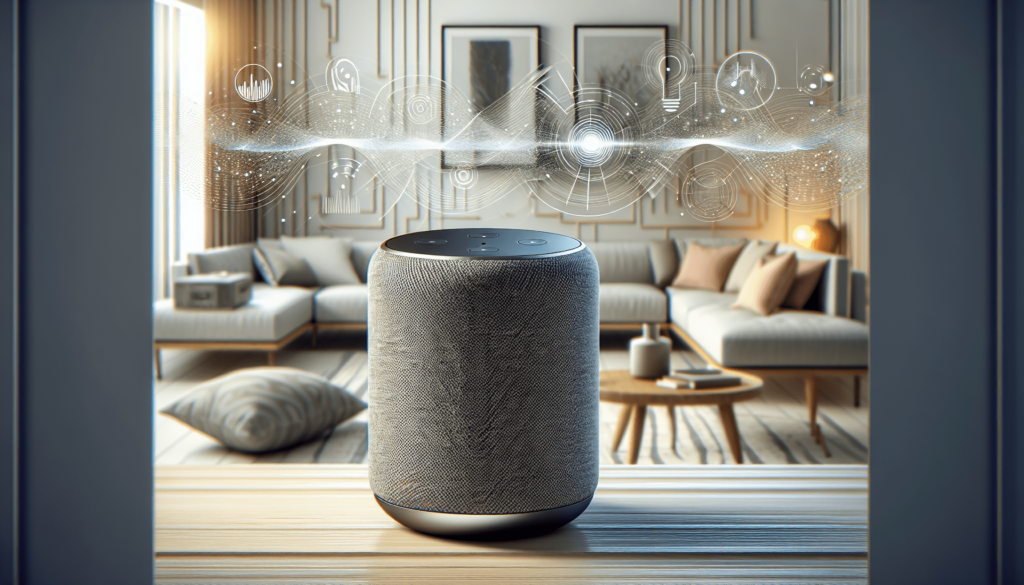
Benefits of Making Calls with Smart Speakers
The convenience of making phone calls with smart speakers stretches beyond the novelty of using voice commands. Several benefits make this an attractive feature for diverse users.
Hands-Free Communication
One of the most appealing aspects of using smart speakers for phone calls is the hands-free operation. Whether you’re busy cooking, cleaning, or need to keep your hands free for other tasks, a simple voice command can connect you effortlessly with friends and family.
Integration with Smart Home Devices
If you already have a smart home setup, using smart speakers for calls further enhances the integration among your devices. Imagine managing home tasks, setting reminders, and making phone calls all without lifting a finger.
Enhanced Features for Multi-Taskers
For those who pride themselves on their multitasking skills, smart speakers can help juggle tasks more efficiently. You can queue music, respond to messages, and initiate phone calls all in one go, thus streamlining your daily routine.
Addressing Privacy and Security Concerns
It’s only natural to have questions about privacy when using voice-activated devices. The convenience of voice commands brings along considerations regarding data collection and security.
Understanding Data Usage
Smart speakers store data from voice interactions to improve service accuracy. However, the extent to which your data is used and stored varies among different brands and devices.
Enhancing Privacy Settings
Most device manufacturers offer multiple privacy settings to aid control over voice data and recordings. It’s advisable to explore these settings and configure them to your comfort level.
-
Review Permissions: Regularly check what permissions you’ve granted and adjust them according to your needs.
-
Clear Voice History: Periodically clearing your voice interaction history can help retain privacy and manage data usage.
Third-Party Skills and Applications
Be cautious when enabling third-party skills or applications on your smart speaker. Ensure they come from reputable developers to avoid security risks.
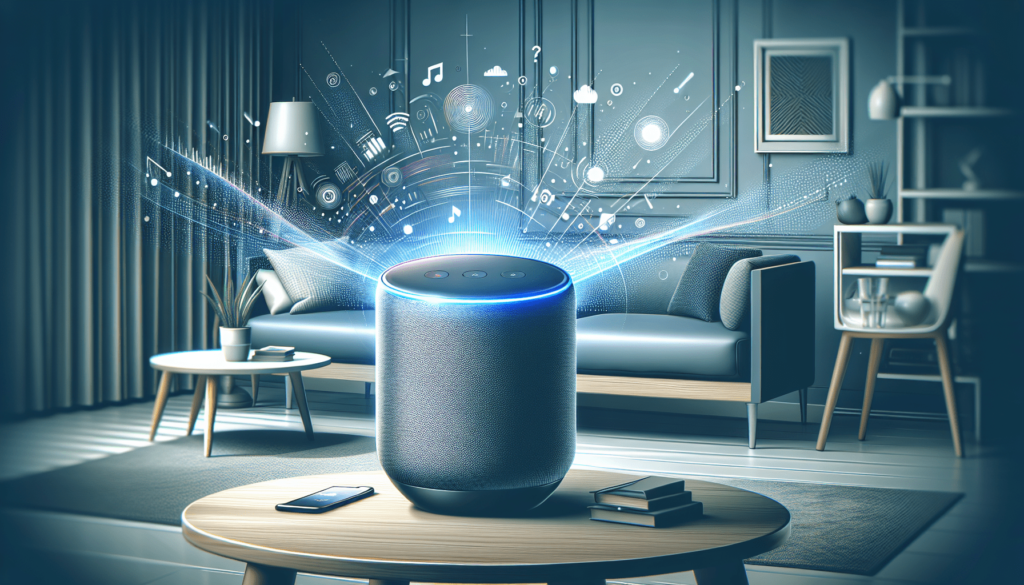
Comparing Smart Speaker Options
Choosing the right smart speaker can initially feel daunting, given the plethora of options available. Here’s a simplified comparison to help guide your decision.
| Brand | Key Features | Pros | Cons |
|---|---|---|---|
| Amazon Echo | Alexa integration, numerous skills | Extensive features, competitive pricing | Potential privacy concerns |
| Google Nest | Google Assistant AI, seamless Google integration | Strong AI, robust compatibility | Slightly higher price point |
| Apple HomePod | Premium sound, Siri integration | Excellent sound quality, secure ecosystem | Limited third-party compatibility |
Tips for Optimizing Smart Speakers
Once you’ve chosen your smart speaker and set up calling capabilities, here are some tips to optimize your experience:
Voice Recognition
-
Train Your Device: Ensure your speaker understands you by fine-tuning its voice recognition settings.
-
Ambient Noise: Keep your environment quiet when possible for clearer voice command execution.
Automation and Routines
Create routines that combine tasks for efficiency. For example, setting a ‘Good Morning’ routine could read the news, adjust your thermostat, and recap the day’s weather.
Troubleshooting Common Issues
-
Check Connectivity: Poor internet connection can affect call quality. Ensure your Wi-Fi is strong and stable.
-
Update Regularly: Keep your device’s software updated to access the latest features and security improvements.
Conclusion
Smart speakers are revolutionizing the way we interact with technology. Their ability to make phone calls adds another layer of convenience for users, seamlessly integrating communication into daily activities. By understanding your device’s capabilities and optimizing its settings, you can fully harness the potential of your smart speaker.
The journey into the world of smart speakers is both exciting and transformative. Whether you’re concerned about privacy, thrilled by the possibilities of voice control, or eager to integrate technology into everyday life, there’s a wealth of opportunities waiting. Embrace the future and let your smart speaker be your guide!
Disclosure: As an Amazon Associate, I earn from qualifying purchases.
